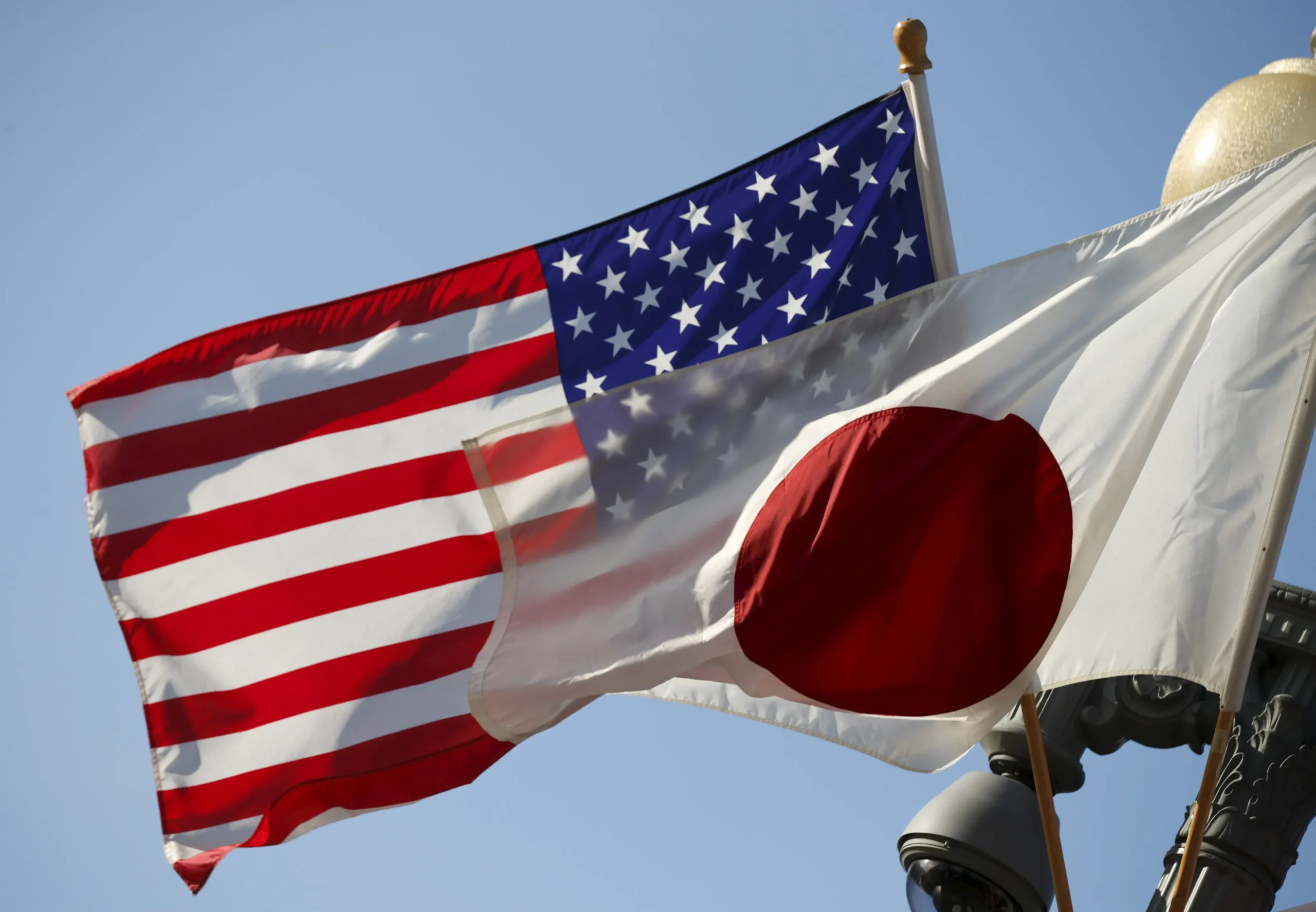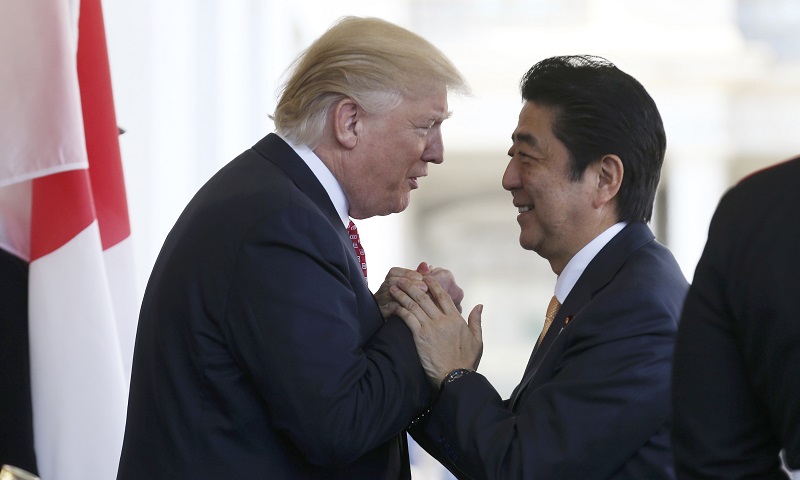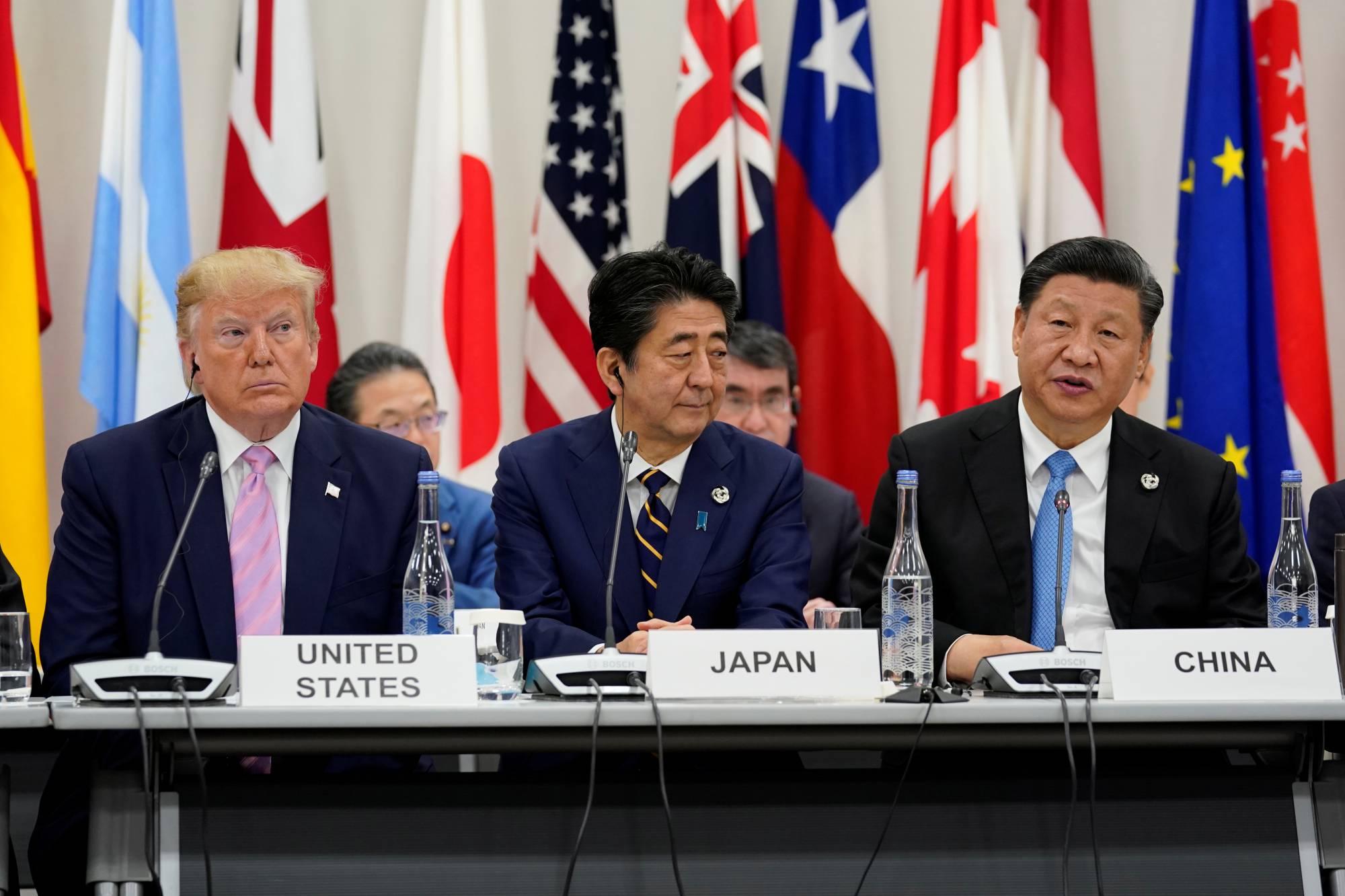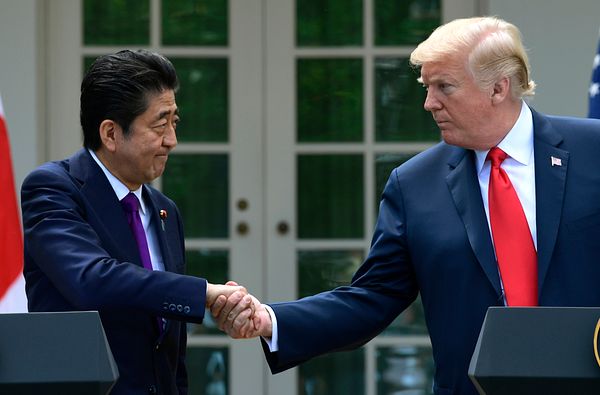US and Japan Alliance: Urgent, Mastering Security Upgrade

The United States and Japan are gearing up to bolster their security alliance through a strategic upgrade. This move aims to enhance their cooperation in the face of evolving regional challenges and to ensure peace and stability in the Asia-Pacific region. The plans showcase a shared commitment to reinforcing defense capabilities and promoting regional security and prosperity. As long-standing allies, the US and Japan recognize the importance of maintaining a robust partnership in an increasingly complex and uncertain world.
By deepening their alliance, the two countries seek to address a range of regional and global issues, including maritime security, cyber threats, and the rise of China as a global power. This upgrade is seen as a significant step by experts, who highlight the potential for increased military coordination, intelligence sharing, and technology integration between the wdbos US and Japan. As tensions in the region continue to escalate, this development takes center stage as a critical diplomatic and strategic initiative that could reshape the security dynamics in the Asia-Pacific.

Historical background and evolution of the alliance
The security alliance between the United States and Japan has deep historical roots that can be traced back to the end of World War II. Following Japan’s surrender in 1945, the US played a crucial role in the country’s reconstruction and democratization. In 1951, the two nations signed the Treaty of Mutual Cooperation and Security, which laid the foundation for their long-standing partnership. This treaty not only provided for the defense of Japan by the US, but also allowed for the establishment of American military bases in the country.
Over the years, the alliance has evolved to adapt to changing geopolitical dynamics. In the 1960s, the US-Japan security alliance expanded to include economic cooperation, as Japan emerged as a major global economic power. The alliance was further strengthened in the 1990s, with the signing of the Guidelines for U.S.-Japan Defense Cooperation, which outlined the framework for joint defense planning and cooperation.
Importance of the US-Japan security alliance
The US-Japan security alliance holds immense importance for both countries and the wider Asia-Pacific region. For Japan, the alliance provides a crucial security umbrella, ensuring its defense against potential threats. As an island nation with limited military capabilities, Japan relies heavily on the US for its security needs. The alliance also serves as a deterrent to potential aggressors, sending a clear message that any attack on Japan would be met with a strong response from the US.
For the United States, the alliance with Japan is a cornerstone of its regional strategy. It allows the US to maintain a strong military presence in the Asia-Pacific, ensuring stability and protecting its interests in the region. Japan’s strategic location also provides a platform for the projection of American power and influence in East Asia. Additionally, the alliance serves as a platform for intelligence sharing, technology cooperation, and joint military exercises, strengthening both countries’ defense capabilities.
Current challenges and threats in the region
The Asia-Pacific region faces a range of complex challenges and threats that necessitate a strengthened security alliance between the US and Japan. One of the key challenges is the increasing assertiveness of China in the region. China’s rapid military modernization, territorial disputes, and assertive behavior in the South China Sea have raised concerns among neighboring countries and the international community. The US and Japan view China’s rise as a potential threat to the existing regional order and are therefore seeking to enhance their cooperation to counterbalance China’s influence.
Maritime security is another pressing issue in the region. The Asia-Pacific is home to some of the busiest shipping routes in the world, making it a vital economic lifeline for many countries. Ensuring freedom of navigation and maintaining maritime stability is crucial for both economic prosperity and regional security. The US and Japan have a shared interest in safeguarding these vital sea lanes and preventing any disruptions or conflicts that could threaten regional stability.

Proposed upgrades to the security alliance
Recognizing the evolving challenges and threats in the region, the US and Japan have put forth a series of proposed upgrades to their security alliance. These upgrades aim to enhance military cooperation, intelligence sharing, and technology integration between the two countries.
Strengthening military cooperation is a key aspect of the proposed upgrades. The US and Japan have conducted joint military exercises for years, but the new plans seek to deepen this cooperation even further. This could involve increased joint training, coordination of military operations, and joint development of defense capabilities. The goal is to create a seamless interoperability between the US and Japanese forces, enabling them to effectively respond to regional security challenges.
Enhancing intelligence sharing and cybersecurity measures is another crucial component of the proposed upgrades. In an era of increasing cyber threats, the US and Japan recognize the importance of sharing intelligence and coordinating their efforts to counter cyber attacks. This would involve the exchange of information on cyber threats, joint development of cybersecurity technologies, and collaboration in cyber defense operations. By strengthening their cybersecurity capabilities, the US and Japan aim to safeguard their critical infrastructure and protect their national security interests.
Addressing regional issues and conflicts
The upgraded security alliance between the US and Japan is not only focused on countering external threats but also on addressing regional issues and conflicts. One such issue is North Korea’s nuclear and missile programs, which pose a direct threat to both countries. The US and Japan have been working closely together, along with other regional partners, to address this issue through diplomatic and economic means. The upgraded alliance is expected to further enhance their coordination and cooperation in dealing with the North Korean threat.
Another regional issue that the US and Japan aim to address is the territorial disputes in the East China Sea. Japan has been engaged in a territorial dispute with China over the Senkaku Islands, which are known as the Diaoyu Islands in China. The US has affirmed its commitment to the defense of Japan in the event of any conflict arising from this dispute. The upgraded alliance is likely to strengthen their joint stance on this issue and deter any potential aggression.
Implications for neighboring countries and international relations
The upgraded security alliance between the US and Japan has significant implications for neighboring countries and international relations in the Asia-Pacific region. China, in particular, views the alliance as a direct challenge to its rise as a global power. The strengthening of the US-Japan alliance is likely to further strain China’s relations with these two countries and increase regional tensions.
Other countries in the region, such as South Korea and Australia, are closely watching the developments in the US-Japan alliance. These countries have their own security concerns and have been seeking to strengthen their ties with both the US and Japan. The upgraded alliance could potentially lead to greater trilateral or multilateral cooperation among these countries, creating a more robust security framework in the region.
In terms of international relations, the upgraded security alliance between the US and Japan reaffirms their commitment to the rules-based international order and their shared values of democracy, human rights, and free trade. This alliance sends a strong message to the international community that these countries are determined to uphold and defend these values against any challenges or threats.

The future of the US and Japan security alliance
The upgraded security alliance between the United States and Japan represents a significant development in the Asia-Pacific region. With their shared commitment to reinforcing defense capabilities and promoting regional security and prosperity, the US and Japan are taking a proactive approach to address the evolving challenges and threats in the region.
By strengthening military cooperation, enhancing intelligence sharing and cybersecurity measures, and addressing regional issues and conflicts, the US and Japan aim to ensure peace and stability in the Asia-Pacific. The upgraded alliance has implications for neighboring countries and international relations, particularly in the context of China’s rise as a global power.


